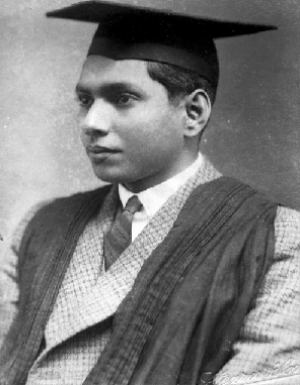


Dr. A.M.A. Azeez was born, raised, and educated in Jaffna. He graduated with honors from the University of London and pursued further studies at the University of Cambridge. However, he shifted to a career in administration, becoming the first Muslim civil servant in the prestigious Ceylon Civil Service.
As a principal of Zahira College, Senator, and member of the Public Service Commission, Dr. Azeez was a visionary leader, scholar, orator, and writer. He was also a dedicated community worker, founding the Ceylon Muslim Scholarship Fund and the All-Ceylon Young Men’s Muslim Association Conference, institutions that continue to serve the community.
Dr. Azeez's legacy as a nation builder and his scholarly contributions continue to inspire. This website provides access to his works, which remain invaluable to academics, intellectuals, and general readers worldwide.
Dr. Azeez was an Iconic Nation Builder and his achievements have left lasting footprints in the sands of time.

1911 - 1973